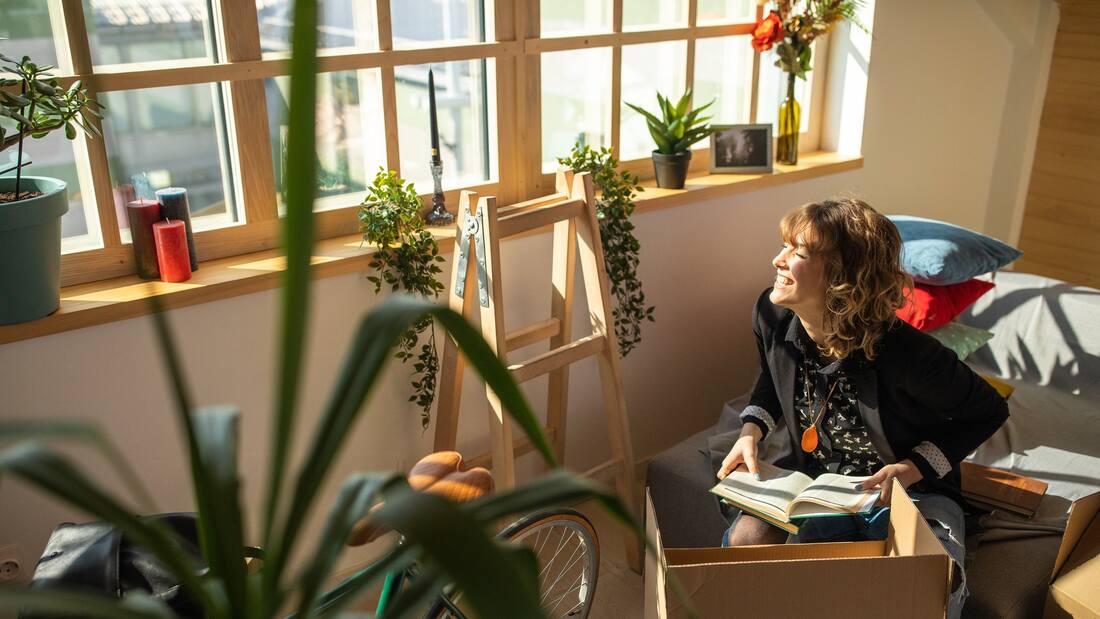Talking validation with Bustle for "11 Therapist-Approved Texts To Help A Friend Feel Better"4/1/2021  See Kaitlyn Wylde's full article in Bustle. See Kaitlyn Wylde's full article in Bustle. When your phone buzzes so many times that you think you’re getting a phone call, only to realize it’s a string of text messages from your bestie, you know it’s something serious. Just like how expressing your feelings over text can be difficult, figuring out how to make someone feel better over text can be a challenge. Without the tone and subtle emotional cues that an IRL conversation provides, a lot can be lost in translation. While a thumbs down reaction to a sad text message is definitely not enough, a massive chunk of sympathetic jargon might be too much. So, how do you show support for your friend over text? According to clinical psychologist Caroline Fleck, Ph.D, the key to being a responsible recipient of textual feels is validation. “With validation, you're looking to communicate that you're there for the other person, you get that their emotions are valid or understandable, and you care,” Fleck tells Bustle. “Attending to these elements is what ultimately translates as support.” Even if their situation hasn’t changed, feeling supportive can make them feel better.  Check out the original article in Vox. If you like the piece, I'd highly recommend Friedman's book, And Then We Grew Up. “I know I’m getting older because my Kindle is turning into a self-help library,” says comedian Ali Wong in her Netflix special Baby Cobra. My own early-30s self-help library was brimming with advice: on how to get my finances in order, make relationships work, and get comfortable with uncertainty. When I was 33, a divorce and an up-and-down writing career had left me wondering what my personal and professional future held.
 See Forrest Talley's full article on Psychology Today. Consistency in parental expectations builds cohesion by reducing anxiety (fears arise when expectations frequently change, making children uncertain of how they are to win parental approval – consistency is the antidote for such fears). Anxiety is corrosive. It wears away at family morale, tears at the fabric of family cohesion, and poisons the hard-earned sense of esprit de corps within a family. Check out Krissy Brady's full article in the Huffington Post.  Therapy can be a super rewarding way to sift through the emotional baggage that’s holding you back. But because it involves being vulnerable and diving into some pretty murky subjects and feelings, you might find yourself indulging in self-sabotaging behaviors that halt your progress ― and you may not even realize it. Therapists call these therapy-interfering behaviors (TIBs), and the fascinating thing about them is most of us don’t realize when or why we’re getting in our own way.  He's so smart; I'm chubby; she's ugly; he's bad for you; they're perfect together. What do all of these statements have in common? They're judgments; they reflect matters of opinion, not indisputable facts. This may not seem too terribly fascinating, or insightful, but bear with me. Because what is phenomenal, in my opinion, is the extent to which we allow our judgments to affect our decisions, mood, and functioning.  Owen Dennis Riley, 17, has never had a girlfriend. But he plays a boyfriend to at least half a million subscribers on YouTube. He brings you gifts on Valentine’s Day and soup when you’re sick. He serenades you, if you’re into that sort of thing. Most important, he wants to help you get a good night’s sleep. Instead of counting sheep or limiting your screen time before bed, he’ll talk you down for the night and tuck you in. Check out the rest of Wylde's fascinating article in the New York Times
See Danielle Page's full NBC News article.
|
This blog includes both new and previously published articles by Dr. Fleck. Archives
May 2021
Categories |



 RSS Feed
RSS Feed